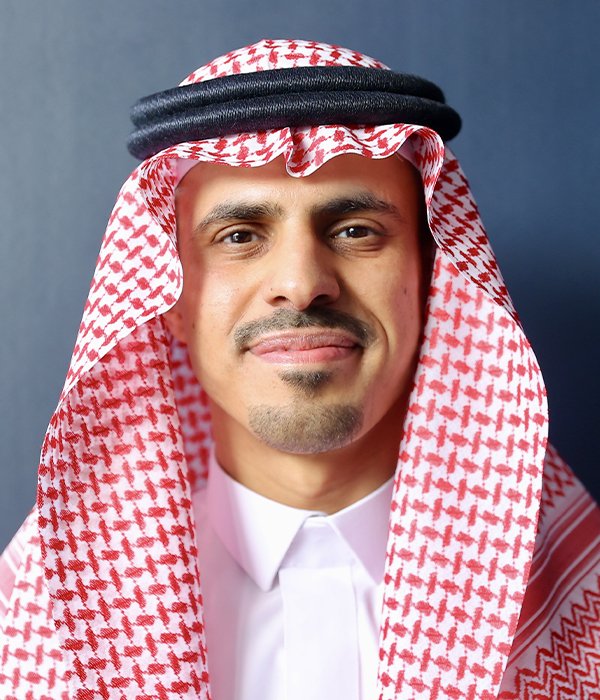Industry
Spotlight

The future of wellness won’t be owned by the loudest brand or the smartest wearable. It will be shaped by those who truly see people, who walk alongside them, and who help them live better, not just temporarily, but sustainably...

 Wellness at the Crossroads: Why 2025 Calls for a New Kind of Leadership
Wellness at the Crossroads: Why 2025 Calls for a New Kind of Leadership
As we move through 2025, something deeper is unfolding in the wellness world. The pandemic may no longer dominate headlines, but its ripple effects continue to influence how people think about health, longevity, and the way they live and work. The real question now isn’t whether wellness matters, it’s how we embed it into everyday life, leadership, and decision-making.
We’re watching a global shift from reactive care to proactive, human-centered well-being. Companies are finally looking beyond just aesthetics or perks. Today’s wellness conversation is about resilience, purpose, mental health, sleep, nutrition, and sustainable energy personally and professionally. It’s no longer a trend; it’s a transformation. And leadership needs to evolve with it.
True wellness leadership in 2025 isn’t about pushing more products or launching the next flashy app. It’s about empathy. It’s about understanding people in their actual environments, their homes, their phones, their fast-paced jobs, and designing solutions that meet them there. Storytelling, trust, and integration matter more than ever.
In my own work across the Middle East, I’ve seen how empathetic leadership can spark real transformation. When I helped launch inclusive fitness campaigns in Saudi Arabia, the most powerful impact came not from the technology, but from listening to the community, mothers looking for family-friendly activities, employees juggling work stress, and young people hungry for inspiration. By co-creating solutions with these voices, we built programs that truly fit the local context, leading to higher engagement and more lasting results.
Across the region, public and private sectors are making significant investments in wellness, think open-access fitness zones in Riyadh, government-backed wellness weeks, and a surge of women’s sports initiatives. These programs work best when leaders are willing to get on the ground, ask questions, and put empathy before ego. I’ve seen CEOs personally join wellness challenges, government officials open up about their own health journeys, and tech founders adapt products to better serve underserved communities.
But the work doesn’t end here. The Middle East is a mosaic of cultures and needs, and what works in Dubai or Riyadh may not land in Amman or Muscat. Leaders must keep listening, keep adapting, and keep collaborating across borders and industries. When we move from competition to collaboration, we open doors to scalable, tech-enabled, and culturally relevant solutions that can inspire the world.
The future of wellness won’t be owned by the loudest brand or the smartest wearable. It will be shaped by those who truly see people, who walk alongside them, and who help them live better, not just temporarily, but sustainably. That’s the kind of leadership the world is hungry for, and it’s the path I believe will define the next decade of wellness, across the Middle East and beyond.
About Alwaleed Alkaeid:
Alwaleed is a wellness strategist, international speaker, and founder of the Saudi Sports Professionals Network. With over 15 years in global sports and fitness leadership, he has advised federations, startups, and companies on performance, lifestyle, and strategy. A graduate of Johan Cruyff Institute and Esade Business School, Alwaleed champions wellness that works for real people, in real life.






